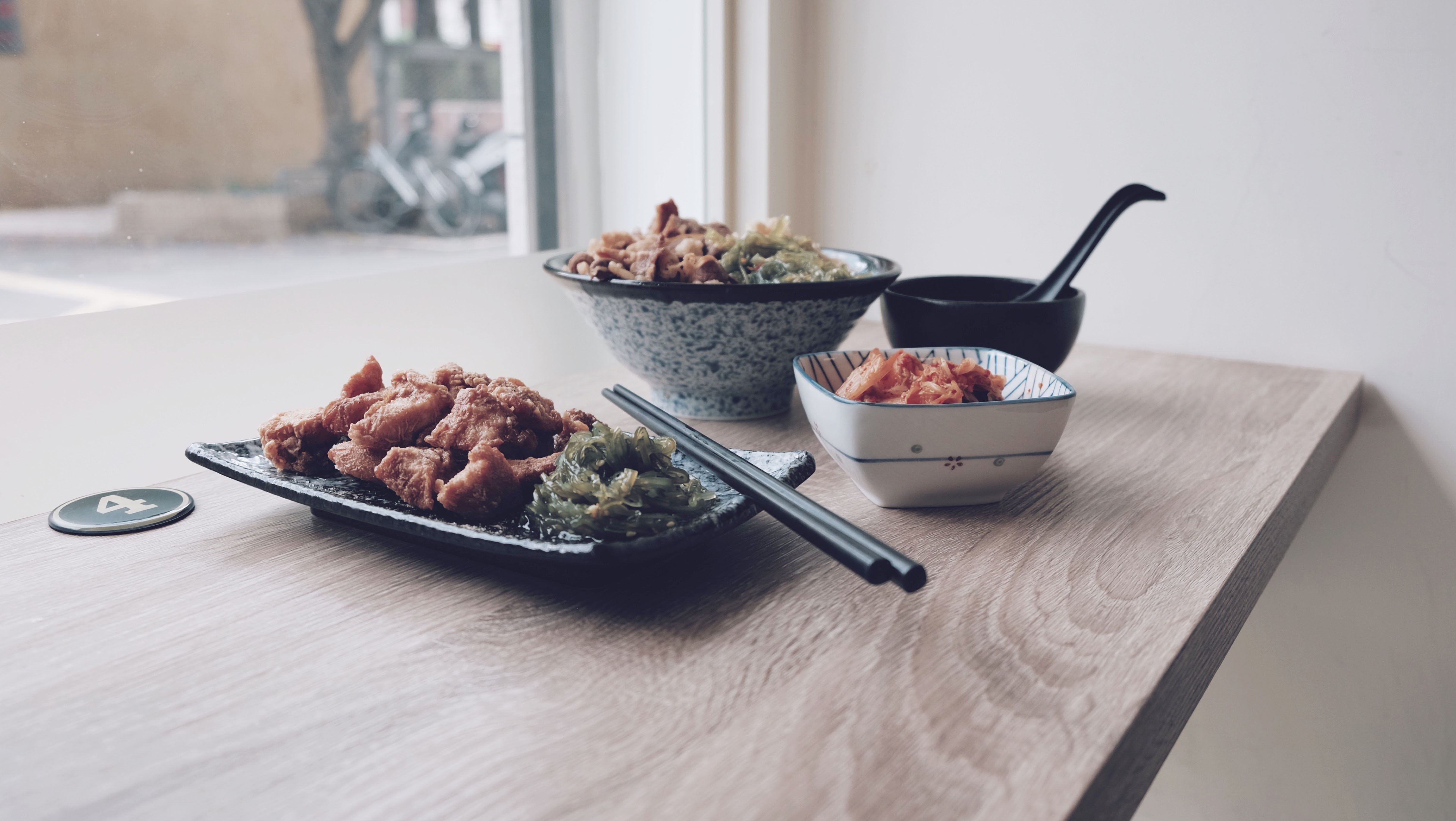We all have some level of stress, right?
It may be temporary (acute), or long-term (chronic).
Acute stress usually won’t mess with your health too much. It is your body’s natural reaction to circumstances, and can even be life-saving.
Then, when the “threat” (a.k.a. “stressor”) is gone, the reaction subsides, and all is well.
It’s the chronic stress that’s a problem. You see, your body has specific stress reactions. If these stress reactions are triggered every day or many times a day that can mess with your health.
Stress (and stress hormones) can have a huge impact on your health.
Let’s dive into the “stress mess.”
Stress Mess #1 – Immunity
Did you notice that you get sick more often when you’re stressed? Maybe you get colds, cold sores, or even the flu more frequently when you are stressed?
Well, that’s because stress hormones affect the chemical messengers (cytokines) secreted by immune cells consequently, they are less able to do their jobs effectively.
Stress Mess #2 – Leaky Gut
Stress can contribute to leaky gut, otherwise known as “intestinal permeability.” These “leaks” can then allow partially digested food, bacteria or other things to be absorbed into your body.
The stress hormone cortisol can open up tiny holes by loosening the grip your digestive cells have to each other.
Picture this: Have you ever played “red rover?” It’s where a row of children hold hands while one runs at them to try to break through. Think of those hands as the junctions between cells. When they get loose, they allow things to get in that should be passing right though. Cortisol (produced in excess in chronic stress) is a strong player in red rover!
Stress Mess #3 – Sleep Disruption
Stress and sleep go hand-in-hand, wouldn’t you agree? It’s often difficult to sleep when you have very important (and stressful) things on your mind.
And when you don’t get enough sleep, it affects your energy level, memory, ability to think, and mood.
More and more research is showing just how important sleep is for your health. Not enough sleep (and too much stress) aren’t doing you any favours.
To learn more about nutrition and lifestyle for reducing stress, contact Kate for a free 15 minute discovery call.
Stress-Busting Tips
Reducing stressors in your life is an obvious first step.
Can you:
- Put less pressure on yourself?
- Ask for help?
- Say “no”?
- Delegate to someone else?
- Finally, make that decision?
No matter how hard you try, you won’t eliminate stress altogether. So, here are a few things you can try to help reduce its effect on you:
- Deep breathing
- Meditation
- Walk in nature
- Unplug (read a book, take a bath)
- Exercise (yoga, tai chi, etc.)
- Connect with loved ones
Conclusion
Stress is a huge and often underappreciated factor in our health. It can impact your physical body much more than you might realise.
Stress has been shown to affect your immune system, digestion and sleep.
There are things you can do to both reduce stressors and also to improve your response to it.
You can ditch that stress mess!
Recipe (relaxing chamomile): Chamomile Peach Iced Tea
Serves 1
Ingredients
1 cup steeped chamomile tea, cooled
1 peach, diced
Instructions
Place both ingredients into a blender and blend until smooth. Add ice if desired.
Serve & enjoy!
Tip: You can use fresh or frozen peaches.
References:
https://nccih.nih.gov/health/stress
https://www.thepaleomom.com/stress-undermines-health/
http://www.precisionnutrition.com/good-stress-bad-stress
https://www.thepaleomom.com/managing-stress/
Photo by Elisa Ventur on Unsplash





